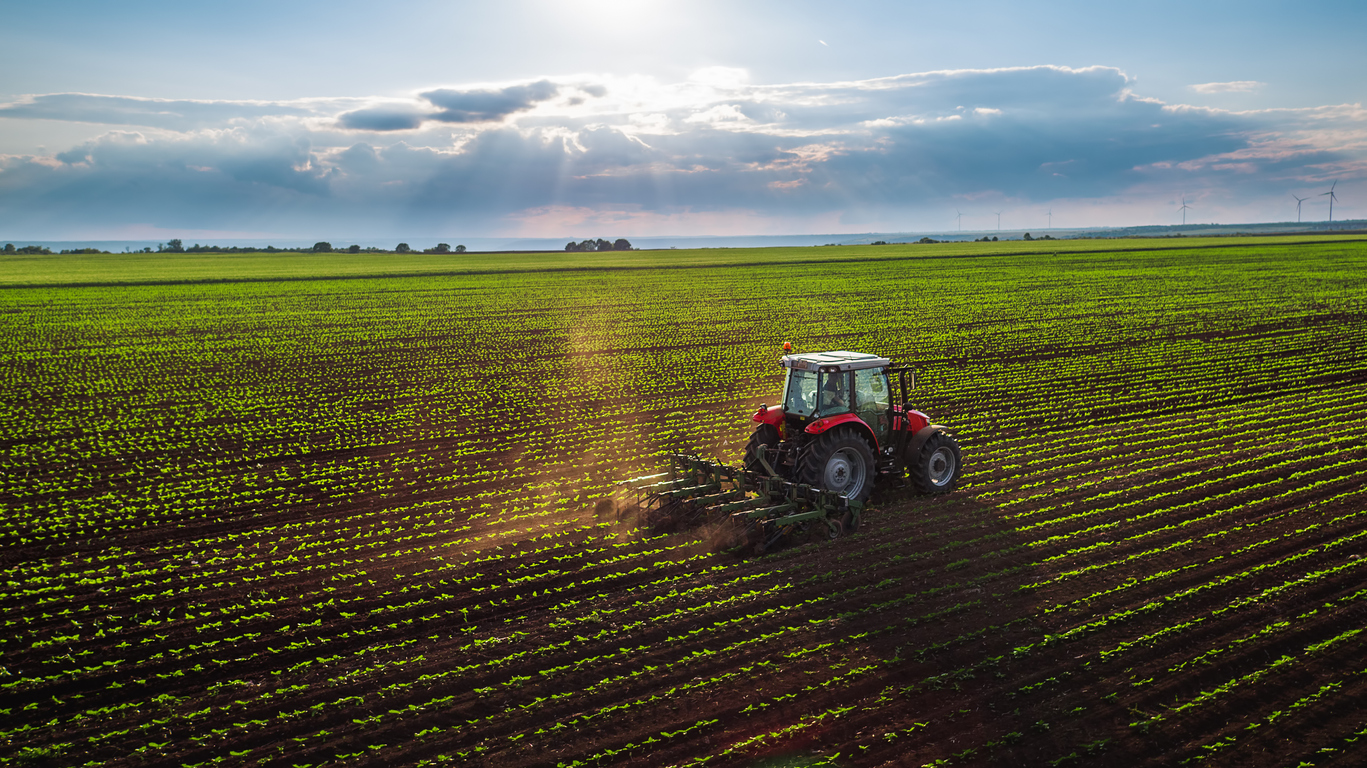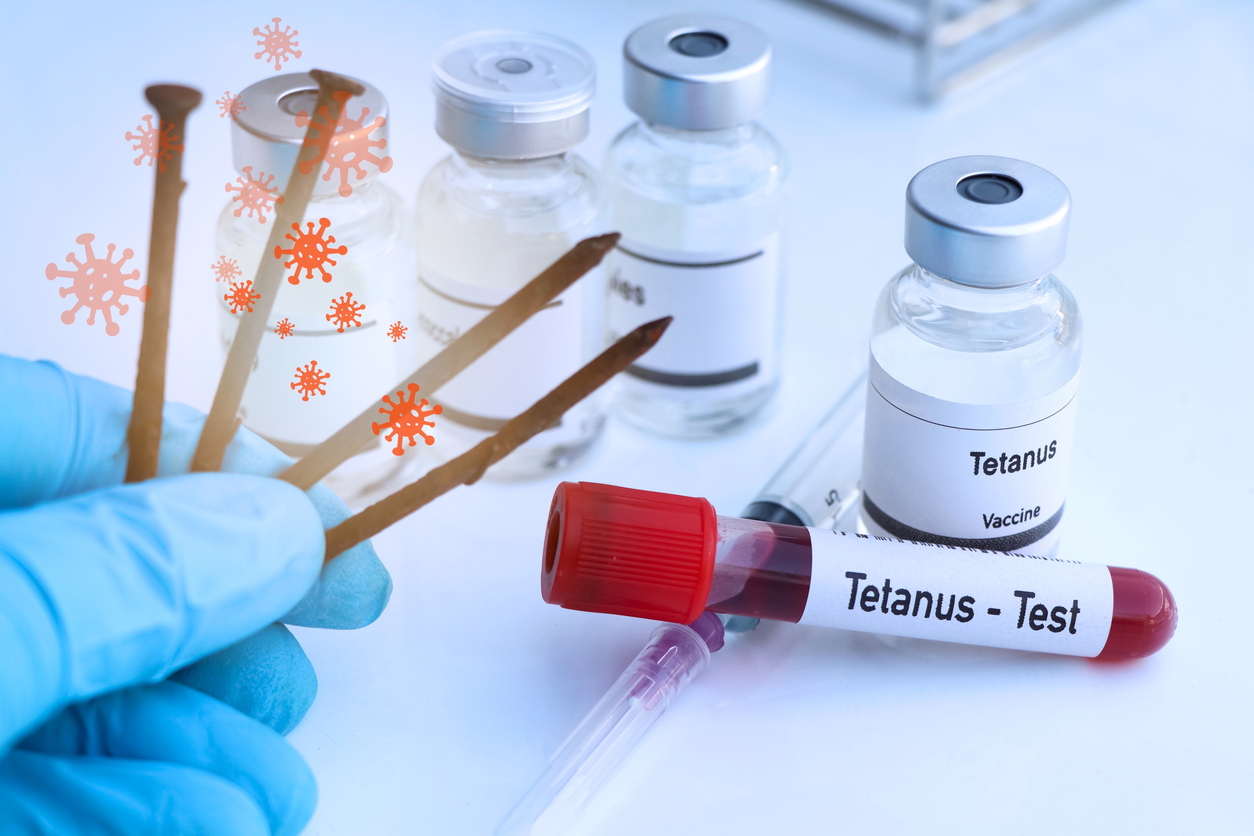Understanding the Importance of Agriculture in Nigeria and How to Grow It Further
Understanding the Importance of Agriculture in Nigeria and How to Grow It Further
Agriculture is the backbone of any economy, and in Nigeria, it is no different. For centuries, the agricultural sector has been a key driver of growth for the nation and its people. It not only provides food security and employment opportunities but also helps to keep the local environment in balance. As the Nigerian population continues to grow, so too does the need to further develop and understand the importance of agriculture in Nigeria. In order to ensure sustainable growth, it is imperative to focus on improving the agricultural sector and its related activities. This can be done by increasing access to resources and technology, improving access to markets, and ensuring that the right incentives are in place to ensure the sector’s continued prosperity. It is essential to understand the importance of agriculture in Nigeria and how to grow it further so that the country can reach its potential and continue to thrive.
Understanding the Economic Benefits of Agriculture
As the saying goes, “You can’t eat money”. Agricultural products are essential for food security, nutrition, and human health. The sector plays a significant role in the economy of any country by providing employment, income, and foreign exchange earnings. It also helps to create wealth and contribute to the Gross Domestic Product (GDP). In 2016, the agricultural sector accounted for about 30% of the GDP. It also contributed approximately 35% of all employment in the economy. It is important to note that these figures do not include the impact of livestock production, fisheries, forestry, and plantation crops. When these activities are included, the agricultural sector makes up approximately 80% of GDP and 60% of employment.
Challenges Facing the Agricultural Sector in Nigeria
Over the years, the agricultural sector has been plagued by issues that have held it back from achieving its full potential. These include lack of access to adequate financing, high production costs, low productivity, and the high prevalence of climate change such as drought, flooding, and severe storms. Other challenges include inadequate extension services, a lack of quality seed and soil, lack of modern irrigation techniques, poor infrastructure, and ineffective government policies. There is no denying that the agricultural sector is facing numerous challenges, but these can be overcome through an effective and sustainable agricultural policy that puts the right incentives in place to drive the sector forwards.
Improving Access to Resources and Technology
The agricultural sector relies heavily on access to effective technology and resources, including seeds, fertilizers, pesticides, water, land, and livestock feed. To grow the sector, access to these resources must be increased, especially for smallholder farmers who account for the majority of agricultural producers in Nigeria. It is also important that these resources are available at an affordable price so that they can be accessible to all, regardless of their financial situation.
Improving Access to Markets and Ensuring Incentives for Producers
When it comes to marketing agricultural produce, the sector faces many challenges. These include long product delivery times, lack of proper storage facilities, and difficulty accessing markets due to poor infrastructure. In order to promote growth in the agricultural sector and ensure that producers have incentives to keep producing, access to markets must be improved. This can be done by investing in transportation infrastructure and establishing effective marketing institutions.
Enhancing Agricultural Productivity Through Improved Farming Practices
Through the implementation of best practices such as Integrated Crop Management (ICM) and Integrated Pest Management (IPM), the productivity of crops can be increased. Agricultural extension services must also be improved through the provision of timely and accurate advice to farmers. There should also be a focus on water harvesting and soil conservation to ensure an adequate and reliable source of water for agricultural activities.
Increasing Investment in Agricultural Research and Development
The agricultural sector has the potential to grow significantly if it is backed by robust research and development. This can be achieved by investing in the research institutions present in the country, as well as creating collaborative partnerships with other countries that have a strong research presence. Research aligned with local conditions and challenges can help to drive the agricultural sector forwards and promote growth.
Enhancing Agricultural Extension Services
Extension services are crucial for the growth of the agricultural sector as they provide advice on best practices for optimal crop production. These services must be improved through the employment of more qualified professionals. They must also be made more accessible to farmers through the use of technology such as mobile apps and online forums.
Implementing Effective Policies to Support the Agricultural Sector
A robust agricultural policy is essential for the sustainable growth of the sector. It must be aligned with the needs of producers and be able to address the challenges outlined above. The policy must also be able to drive investment in the sector, provide adequate support for smallholder farmers, and create the necessary incentives for producers to keep producing.
Conclusion
The agricultural sector is a critical part of any economy, and in Nigeria, it is no different. It is essential to understand the importance of agriculture in Nigeria and how to grow it further so that the country can reach its potential and continue to thrive. To do so, it is important to overcome challenges facing the sector, promote best practices, and put in place policies to support agricultural producers.








LEAVE A COMMENT
You must be logged in to post a comment.